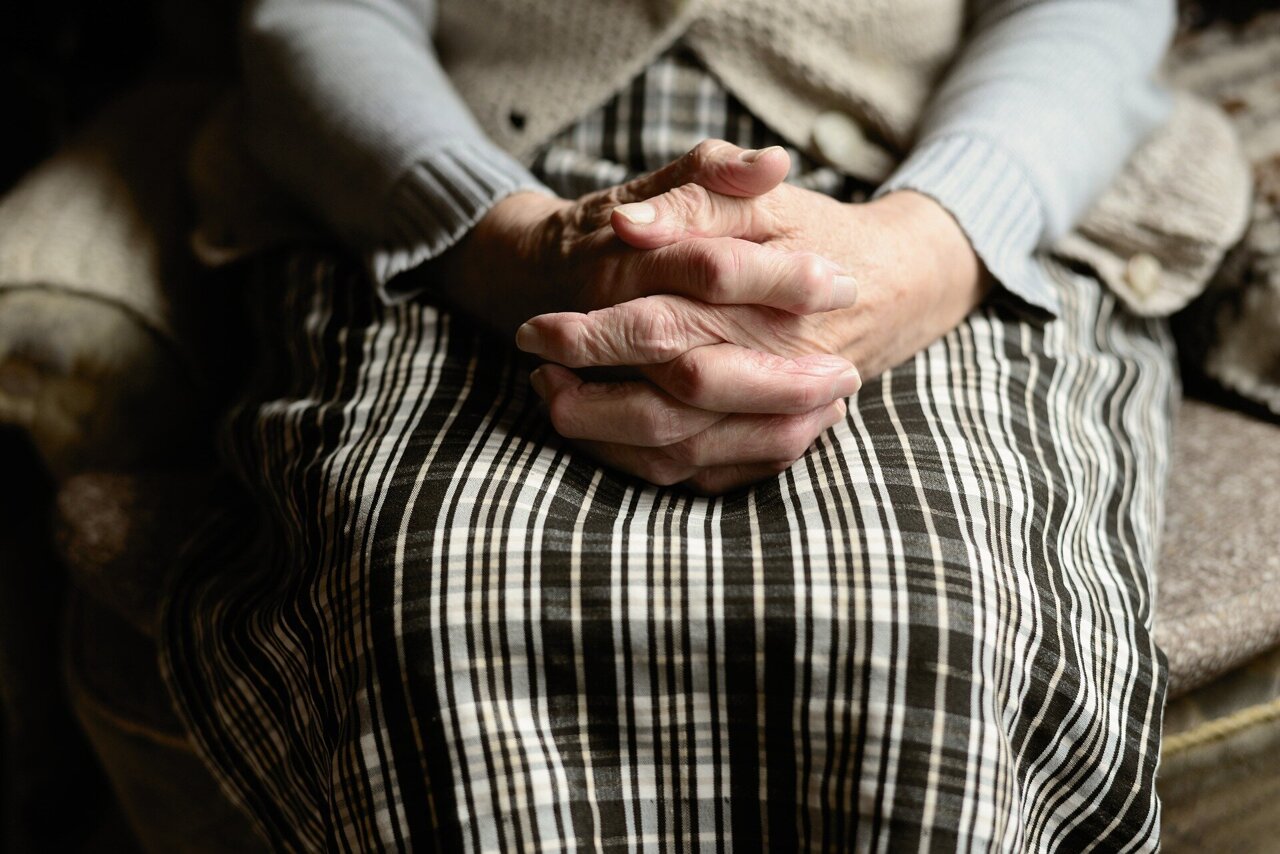Years after the United States began to gradually emerge from mandatory COVID-19 lockdowns, a significant portion of older individuals still opt to spend more time within their homes and less time engaging in public social activities compared to the pre-pandemic era, as per recent research conducted by the University of Colorado Boulder.
According to the study, participants pointed to concerns about contracting the virus and experiencing “uncomfortable and hostile” social interactions as primary factors driving their withdrawal from community life.
Jessica Finlay, an assistant professor of geography, remarked, “The pandemic continues to linger for many people. Some individuals feel marginalized,” as indicated in a series of newly published papers.
This research coincides with the observations of the U.S. Surgeon General, who recently highlighted a “loneliness epidemic,” particularly affecting older adults, especially those with compromised immune systems or disabilities.
“We discovered that the pandemic has fundamentally reshaped neighborhoods, communities, and daily routines for aging Americans, with enduring implications for their physical, mental, and social well-being,” Finlay explained.
‘I just can’t go back’
As a specialist in health geography and environmental gerontology, Finlay explores the impact of social and structural environments on health outcomes in the aging population.
In response to the closure of public spaces such as restaurants and gyms due to shelter-in-place mandates in March 2020, Finlay initiated the COVID-19 Coping Study in collaboration with University of Michigan epidemiologist Lindsay Kobayashi. This ongoing research, involving nearly 7,000 participants aged 55 and above from all states, includes baseline and monthly surveys to track changes over time.
“We have been present during some pivotal moments,” noted Finlay, referencing the surveys conducted following significant events like the murder of George Floyd in May 2020 and the Capitol attack in January 2021.
The study findings reveal a concerning trend where a considerable segment of the elderly population remains isolated despite the easing of restrictions.
A publication in February in the journal Wellbeing, Space and Society disclosed that 60% of respondents now spend more time at home, with 75% dining out less frequently. Additionally, 62% visit cultural and arts venues less often, and over half attend religious services or gyms less frequently than before the pandemic.
The most recent survey conducted in spring 2023 reaffirmed these patterns, with a majority of respondents still noting alterations in their social and recreational habits compared to the pre-pandemic period.
In an article titled “I just can’t go back,” featured in SSM—Qualitative Research in Health, 80% of participants expressed reluctance to visit certain places in person.
For instance, a 72-year-old male shared, “The idea of entering a crowded gym where people are breathing heavily and sweating is something I cannot envision doing again.”
Individuals who continue to visit public spaces like grocery stores mentioned quickly completing their errands and avoiding casual conversations.
“It has been challenging,” acknowledged a 68-year-old woman. “There is no more stopping to chat with people.”
Many respondents expressed fears of contracting the virus themselves or transmitting it to vulnerable loved ones, leading to a sense of “irresponsibility” about being in crowded settings.
Some recounted instances of receiving disapproving looks or negative remarks when wearing masks or requesting others to maintain distance, reinforcing their preference for staying home.
Rekindling Human Connections
Despite the somber findings, Finlay emphasized that there are positive aspects to consider.
Approximately 10% of older adults reported engaging in outdoor exercise more frequently since the pandemic began. Moreover, a small yet vocal minority indicated that the shift to online platforms had expanded their opportunities for virtual meetings, concerts, and classes.
Nevertheless, Finlay expressed concerns about the health repercussions of losing spontaneous interactions in communal spaces known as “third places.”
Research indicates that a lack of social connections can elevate the risk of premature death equivalent to smoking 15 cigarettes a day and exacerbate mental health issues and dementia.
“For those living alone, a brief, unplanned interaction with a local vendor or cashier might be the only friendly interaction they experience all day, and that has been taken away from them,” Finlay remarked.
Moreover, societal well-being is at stake.
“It is becoming increasingly rare for individuals with diverse socio-political viewpoints to socialize and engage in respectful conversations,” she underscored.
Finlay advocates for policymakers to design spaces that cater to individuals of all ages who are now more cautious about health risks, such as outdoor dining areas, well-ventilated performance venues, or events that offer hybrid or masked options.
She also urged people to show understanding towards those who continue to wear masks or maintain physical distance.
“For many, overcoming the pandemic is a luxury, and numerous individuals, for various reasons, do not have that luxury. Their perspective on the world has shifted,” she emphasized.
“How can we facilitate their reintegration?”
Additional Details:
Jessica Finlay et al, Altered place engagement since COVID-19: A multi-method study of community participation and health among older Americans, Wellbeing, Space and Society (2024).
Jessica Finlay et al, “I just can’t go back”: Challenging Places for Older Americans since the COVID-19 Pandemic Onset, SSM—Qualitative Research in Health (2023).
Citation:
‘An epidemic of loneliness’: How the COVID-19 pandemic changed life for older adults (2024, April 10)
retrieved 10 April 2024 from https://medicalxpress.com/news/2024-04-epidemic-loneliness-covid-pandemic-life.html
This content is protected by copyright. Any use beyond fair dealing for private study or research requires written permission. The information provided is solely for informational purposes.
